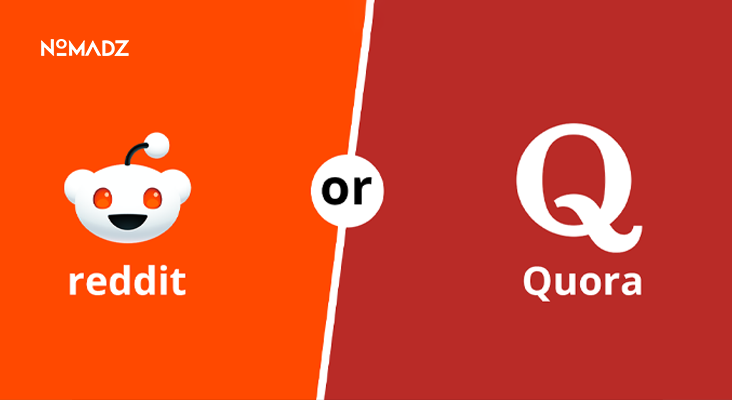Facebook Adds Nickname Option in Groups: What This Means for Community Engagement
Social media communities keep evolving – and with the recent update to Facebook, group managers and members alike have a new tool at their disposal: the Facebook Groups nickname feature.
This update allows members of Facebook Groups to choose a nickname and alternative profile photo within each group context, offering fresh possibilities for participation and identity.
What’s changing?
In this new update of Facebook, whenever you join a group, you can choose a nickname to be used, rather than your actual name. It is also possible to choose an avatar that is used in that group only. The Facebook Groups nickname feature is aimed at making the members feel freer and less pressured by their real-life identity.
It is due to this that you might feel freer to post, comment, or interact without taking into consideration how your post impacts your public profile. That means more honest discussions, more participation – and more community vitality.
Also Read: Facebook Content Protection and What It Means for Your Reels and Rights
Why does it matter for Group Privacy & Engagement?
The privacy of a group is always an issue in an online community, particularly when the members might feel shy, apprehensive, or afraid to share themselves using their actual name. As Facebook Groups have the nickname option, people are at least separated in the identity of the group and their real-life identities. That helps boost group engagement.
In other words, if someone feels safe, they’ll speak up. And when more people speak up, the group becomes more dynamic. The arrival of this nickname option suggests a push toward deeper, more authentic connections.
Benefits for Community Engagement
Lowering Barriers to Participation
Someone new to a topic may hesitate to comment if they feel exposed. With the Facebook Groups nickname feature, that barrier drops. It invites quieter voices to join the conversation.
Encouraging Specialty or Interest-Based Identities
In a hobby or niche group, members often want to highlight their interest or role (e.g., “GuitarGeek99” or “PlantMom”). The nickname option supports that identity.
Tailoring Privacy Without Going Fully Anonymous
The update is not full anonymity – the nickname is still linked to the underlying Facebook account for moderation and accountability. So the balance between privacy and safety is maintained.
Boosting Trust and Community Feel
When members feel they belong and can relate to others in the group’s context, engagement grows. The Facebook Groups nickname feature fosters relatable identities, enhancing group culture.
Considerations & Risks
Of course, any change brings new considerations. While the Facebook Groups nickname feature can foster more engagement, it also comes with some caution points:
- Misrepresentation risk: Some could use nicknames to mislead or join groups under pretenses. Facebook retains oversight to manage misuse.
- Moderation duties increase: Group admins need to stay alert for behavior that hides behind nicknames.
- Member clarity: It’s helpful for group managers to clarify how nickname usage fits within group rules and identity norms so everyone knows what’s acceptable.
Best Practices for Group Managers
If you manage a group, here are some suggestions for rolling out and embracing this nickname feature:
- Publicize the change: Notify members of the arrival of a Facebook update and the functionality of the nickname option.
- Develop expectations: Explicitly explain the way nicknames are supposed to uphold group norms and community standards.
- Promote self-identification: Ask members to take a nickname that demonstrates their interest, role, or identity within the group – but in a respectful way.
- Patrol and police: Nicknames must be applied in good faith and should not jeopardise the trust of the group.
- Measure engagement: Measure the outcome of rollout in terms of comments, posts, and participation by new members before and after rollout.
Also Read: How WhatsApp’s Activity Notes are Changing User Profiles
The Bigger Picture: Evolving Group Dynamics
This is a step taken by Facebook that indicates a greater trend in the way online communities are taking shape. Facebook Groups nickname feature is a compromise between severe real-name space and complete anonymity: it provides context-specific and personal identity.
That fits very well into community-based interaction with the members being familiar with one another, but free to make themselves look good to the group.
With the further discussion within common areas of interest – a brand-fan club, a hobby board, a professional peer club – this type of flexibility may improve the quality of discussion. More voices, more views, closer affiliation.
Conclusion: A Game-Changer for Community Engagement?
Admittedly, the Facebook Groups nickname functionality may be viewed as a minor modification, yet it has significant potential in terms of group dynamics. It makes membership more comfortable and suitable for the members, enhances trust, increases participation, and adds depth to discussion.
Your group may not have yet talked about it, but it is an opportune moment. Consider the way your group culture can be adjusted to this feature, establish clear guidelines, and ask members to experience it. Since when identity, comfort, and community meet, group interaction not only increases, but it also flourishes.









Leave feedback about this